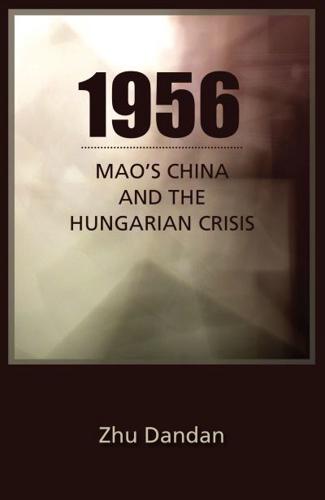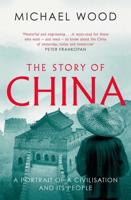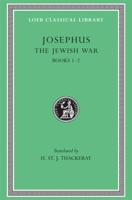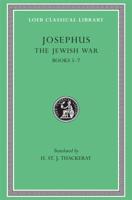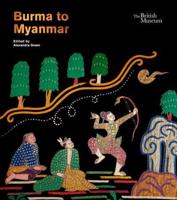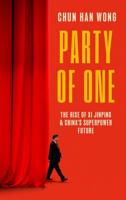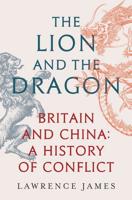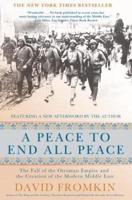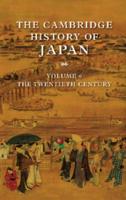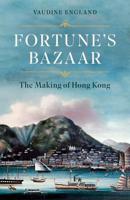Publisher's Synopsis
In Mao Zedong's words, 1956 was a year of "big events," both at home and abroad. The "secret speech" delivered by Soviet leader Nikita Khrushchev to the Communist Party of the Soviet Union's Twentieth Congress had, according to Mao, "opened the lid" on the repressiveness of the postwar Soviet-style regimes, thereby "making a mess" by inspiring a wave of de-Stalinization that culminated in the massive demonstrations in Poland and Hungary. The Hungarian events, in particular, were more complicated than either a populist anti-socialist protest or a form of anti-Soviet agitation, and the Chinese leaders exerted great effort in trying to apply the lessons of Hungary to both international affairs and their own domestic situation. In the first systematic study of its kind, this volume makes sense of the inner connection between China's political and diplomatic involvement in the Hungarian crisis and the influence this crisis had on a series of mysterious policy shifts from late 1956 to 1957. Identifying the formative role that the 1956 Crisis in Hungary played in the evolution of Chinese policy, Zhu Dandan examines Chairman Mao's changing perception of the 1956 events, which eventually set China on the course of the Great Leap Forward and the break with the Soviet Union and the European Communist bloc.


